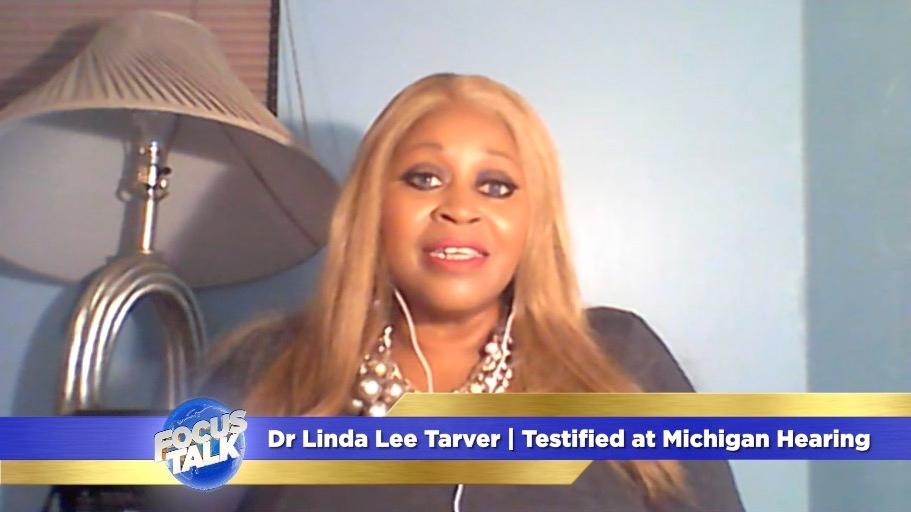Linda Lee Tarver, president of the Republican Women’s Federation of Michigan and former election integrity liaison in the Michigan Secretary of State’s Office, said Thursday that Dominion chief John Poulos’s recent testimony left more questions unanswered than it clarified.
Tarver, who testified at a Michigan election integrity hearing on Dec. 2, said Poulos’s Dec. 15 testimony to lawmakers boiled down to reiterating that “human error” was to blame for an initial Election Day vote discrepancy in Michigan’s Antrim County, where Dominion products were used.





